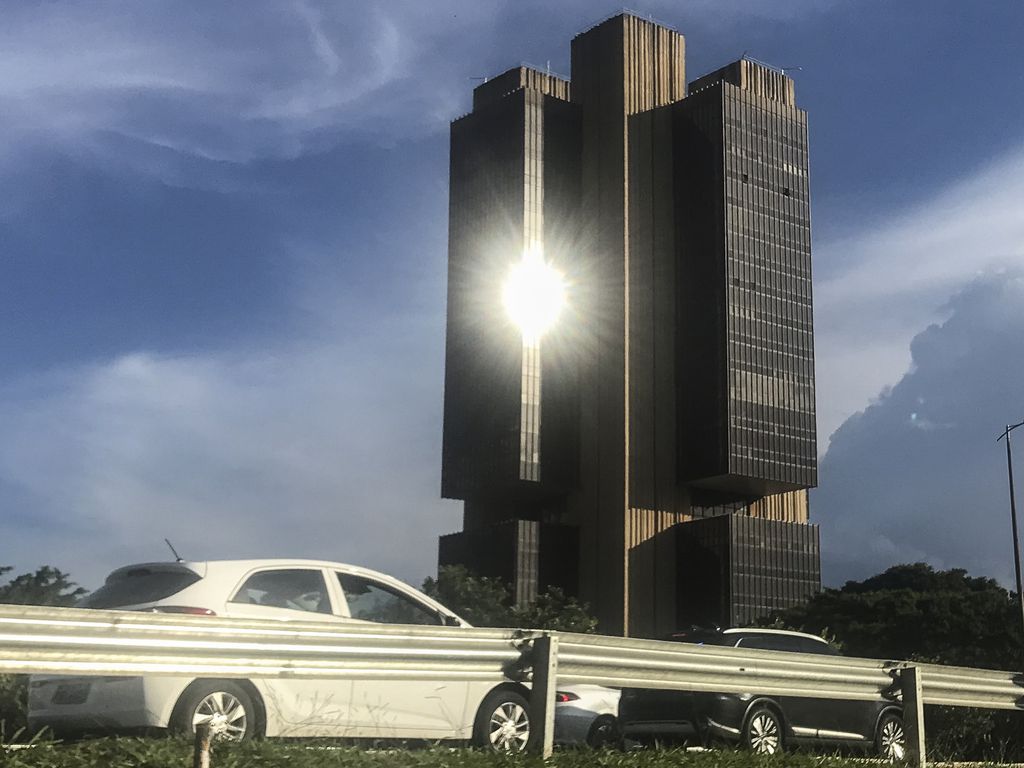The Central Bank’s Monetary Policy Committee on Tuesday released the minutes of its latest policy meeting, which took place last week. It reaffirmed growing uncertainty around economic conditions and the fact that it will not hesitate to bring more interest hikes if inflation does not continue falling sustainably.
Last week, the committee announced it would keep the Selic benchmark rate at 13.75 percent a year, adding that it would remain “vigilant” on inflation amid “higher than usual” uncertainty.
“The Committee still considers that the commitment and determination of central banks to reduce inflationary pressures and anchor expectations raise the risk of a more pronounced global slowdown. There has been an adjustment in the extent and speed of the monetary policy tightening cycle in some advanced countries, which has led to a further tightening of financial conditions,” the minutes read.
Despite the steep monetary tightening process it has enacted since March of last year, the Central Bank signaled for the first time that inflation may end 2023 above the target band set by the government — between 1.75 and 4.75 percent. It would be the third consecutive year in which prices rose well above the desired level.
The committee’s inflation projections stand at 5.8 percent for 2022, 4.8 percent for 2023, and 2.9 percent for 2024. Estimates are different from the market. Per the latest Focus Report, a Central Bank survey with top-rated investment firms, the IPCA consumer price index should end this year at 5.61 percent, and the two following years, at 4.94 and 3.5 percent, respectively.
To justify this difference, the committee states that the “uncertainty surrounding its assumptions and projections is currently bigger than usual.” The institution notes that it considers the risk factors that remain present and that make the environment “particularly uncertain and volatile.”
Among these risk factors, the ones that should put more pressure on overall prices are the persistence of global inflationary pressures, and uncertainty about the future of the country’s fiscal framework and additional fiscal stimuli that imply support of aggregated demand, “partially incorporated in inflation expectations and asset prices.”
Meanwhile, among the factors that could cool inflation down are a further drop in international commodity prices in Brazilian Reais, a sharper-than-projected slowdown in global economic activity, and a possible maintenance of tax cuts, at the time still projected to be reversed in 2023.
The country’s recent three months of deflation are intrinsically linked to government measures aimed at reducing prices by capping state-levied taxes on key economic areas such as transport, energy, and communications.
Since the improvements are anchored in artificial pillars, they are unlikely to be sustainable in the long haul — unless they are maintained next year by the government of President-elect Luiz Inácio Lula da Silva.


 Search
Search






































